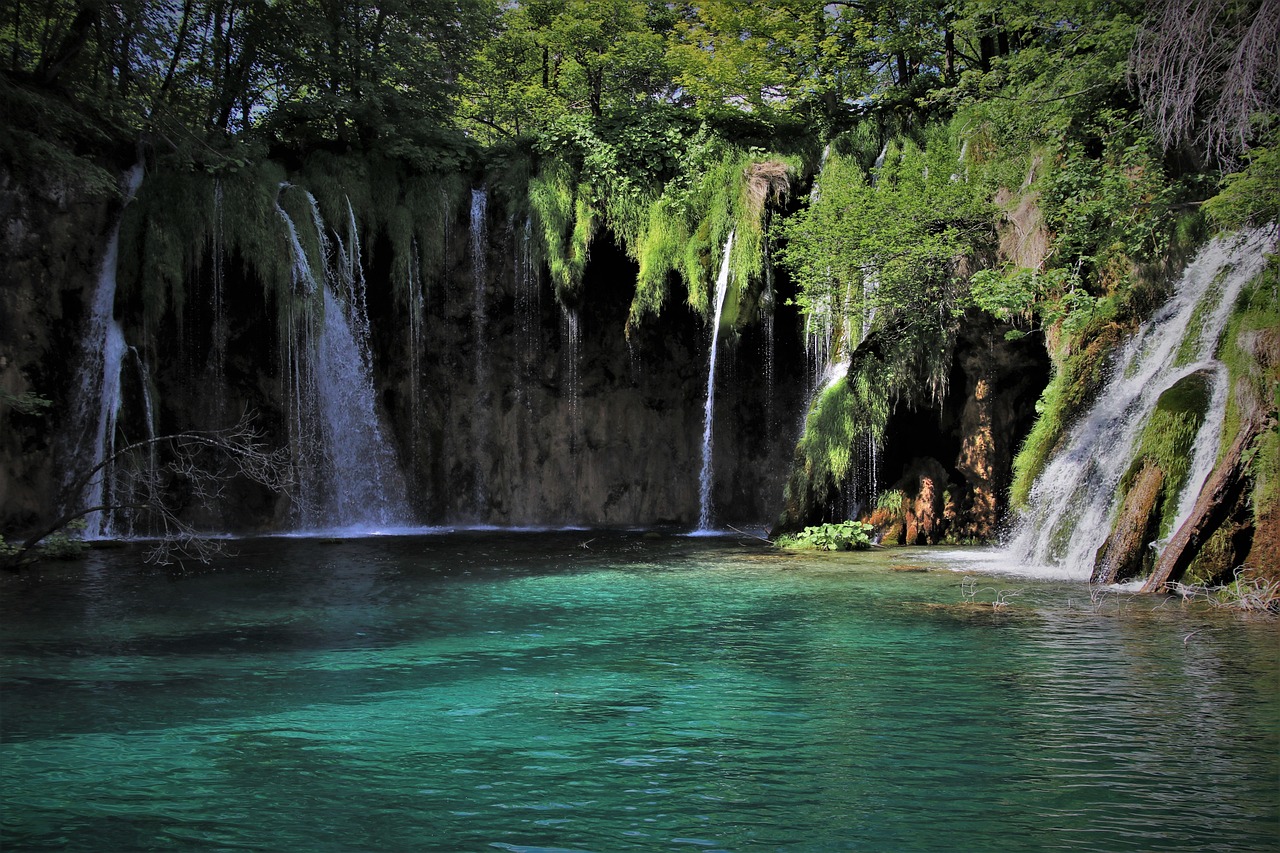Ecotourism is a kind of tourism that includes visits to undisturbed natural areas designed as a low level of commercial mass tourism. This means responsible travel to natural areas, protecting the environment, and improving the local community’s welfare. The purpose is to educate travelers, provide means to protect the environment, benefit directly from economic development and empowerment of local communities, or promote respect for different cultures and human rights.
In general, Ecotourism focuses on socially responsible travel, personal growth, and ecological sustainability. It usually involves traveling to destinations where flora, fauna, and cultural heritage are the main attractions. It aims to give tourists an idea of people’s impact on the environment and to promote a greater appreciation of our natural habitat.
Why is Ecotourism important?
When traveling, we often expect pleasant trips to beautiful places that are perfect for photos, unique foods, and meeting new people. Ecotourism allows us to do more than learn facts about different places. It enables us to immerse ourselves in others’ cultures, lifestyles, and leave an unforgettable lasting impression. Here are a few reasons which determine the importance of Ecotourism:
- To protect our Earth
As an ecotourist, you travel for more than just personal satisfaction. It helps the planet and enables people to live more fulfilling lives. Local communities, especially those who do not live with technical resources, can benefit significantly from ecotourists. In pristine areas, you would receive a tourist experience that would remind you of the natural world’s fascinating features.
- To be more united
The more we know about a location, the more our love and admiration increases. Guides are trained to share knowledge with visitors at a deeper level so that they appreciate the beauty of the new environment. The unique perspective contributes to the visual appeal of the ecotourists.
Unfortunately, residents are often disturbed by increased traffic, inappropriate requirements, and the inability of tourists to understand and comply with cultural expectations and clothing regulations. It’s better to behave civilly, and have a decent conversation with the local people; you can tell them where you are from and show them that you want to explore the area without disrupting their lifestyle or ignoring their values. Showing the local people that you care about their feelings would see you as a representative of their home. This creates a sense of cultural unity and sensitivity.
- To promote stability
We live in a diverse world, full of eclectic people who depend on what nature has to offer. Conversely, large companies tend to change the lifestyles of some residents. When this happens, local people are often physically and emotionally destroyed because of the tension associated with the movement. Much of this local culture has been lost or damaged to create tourism, but it doesn’t have to be that way now. Traveling to local tourist attractions offers an exciting experience. The funds you devote to these places are shared among the community, which contributes to more work and momentum in the local economy.
- To reduce pollution
Traveling by bus, car, or train leads to air pollution. During the trip, explore the areas where walking tours are offered. Have fun discovering the unique types of public transportation each city offers, such as hybrid buses that provide convenient travel options for tourists and locals, and is eco-friendly and, hence, reduces pollution.
 What are the principles of Ecotourism?
What are the principles of Ecotourism?
Ecotourism indicates responsible travel to natural areas that promote conservation, create harmony between communities, and improve local communities’ well-being. People who carry out and participate in ecotourism activities must apply the following ecotourism principles:
- Minimize physical, social, behavioral, and psychological effects
- Building both awareness and respect for the environment and culture
- Offer positive experiences to other visitors and locals
- Offer financial benefits for environmental protection
What are the advantages of Ecotourism?
Here are a few advantages of Ecotourism:
- While traveling, not only do you know other people and teach them about your lifestyle, you also learn more about your inner self. Ecotourism provides us with a completely different view of the world and encourages us to open our minds to different ways of thinking.
- Enjoying various types of music and clothing styles that you will find out on your trip. Many places offer live outdoor shows where you can dance and chat with locals who like to share stories and meet other tourists.
- There are many adventures while following the principles of Ecotourism. Go diving and snorkeling to explore the depths of the water or hiking and skiing through the forest.
- Your vocabulary will also increase if you learn different languages that you are not familiar with.
How can you become an ecotourist?
If you plan to promote Ecotourism, you should consider the following:
- Go through appropriate Information:
Read as much as possible about the place you are traveling before going there. Read more about the wildlife, ecosystem, and the activities you can do without disturbing this habitat.
- Avoid plastic:
Ignoring plastic as much as possible is a good practice in everyday life and also a way to promote Ecotourism. According to a survey, 5 trillion pieces of plastic float in the world’s oceans, weighing around 269,000 tons. Don’t use plastic while on your trip.
- Avoid smoking:
Smoking in dry deciduous forests has caused uncontrolled forest fires. Forest fires are the main reason for the simultaneous destruction of many species. It would be best if you took all the necessary precautions to prevent such avoidable disasters contrary to the nature of Ecotourism.
Conclusion
Ecotourism is often misunderstood as any form of tourism that involves nature. Ecotourism aims to include tourists in a low-impact, non-consumed, and locally-oriented environment to conserve species and habitats – especially in disadvantaged areas. While several ecotourism projects, including some in the United States, support this claim, many projects fail to address some of the country’s main problems. As a result, Ecotourism may not provide the benefits that should be offered to this region and its people, making the economy worse than before.


 By
By 



